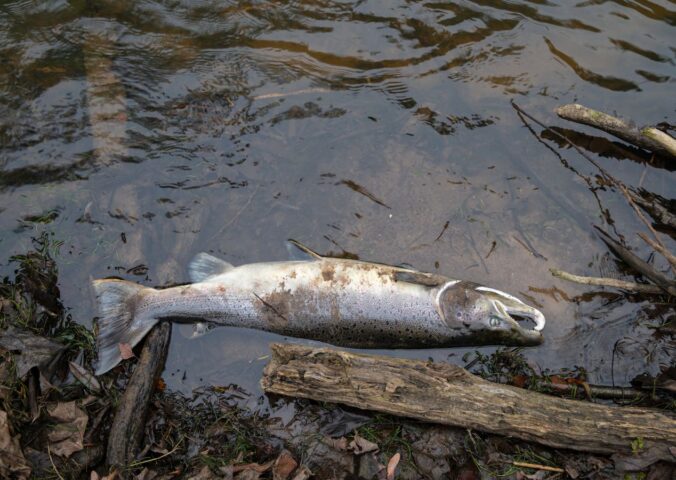Denmark has announced plans to become the first country ever to introduce a tax on agriculture emissions.
Read more: Hundreds Of Climate Scientists Predict Global Heating Of At Least 2.5C
The agreement comes after months of negotiations between the government, farmer organizations, trade unions, and other groups. The tax will be introduced in 2030. From that date, farmers will need to pay 120 krone (around $17) per metric ton of carbon dioxide equivalents they produce. This amount will increase to 300 krone ($43) by 2035.
“We will be the first country in the world to introduce a real CO2 tax on agriculture,” said Taxation Minister Jeppe Bruus in a statement. “Other countries will be inspired by this.”
Writing on X (formerly known as Twitter), Economy Minister Stephanie Lose described the tax as an “agreement which will form the basis for a historic reorganization and restructuring of Denmark’s land and food production.”
Read more: Majority Of The UK’s Dairy Farms Found Breaking Pollution Rules
Denmark cracks down on farm emissions

As part of the agreement, Denmark will also allocate 40 billion kroner in state funding to plant 250,000 hectares of forest on agricultural land up until 2045. It will also buy up farmland with a view to reduce nitrogen emissions from fertilizer use.
Agriculture contributes to around a third of global greenhouse gas emissions, and most of this comes from “livestock” farming. Animal agriculture is one of the most environmentally destructive industries there is, but Denmark is one of the few countries to have made steps to address its impact.
In October of last year, the country announced a “groundbreaking” roadmap towards a more plant-based food system. The 40-page plan described plant diets as “the future,” and outlined plans to position itself as a global leader in meat-free foods.
Animal agriculture is a leading cause of greenhouse gas emissions, biodiversity loss, species extinction, and water pollution. Studies have shown that vegan diets reduce our carbon footprints by 75 percent.
Read more: Major Pork Producer Admits To Breaking Marketing Law With ‘Climate Controlled’ Label






